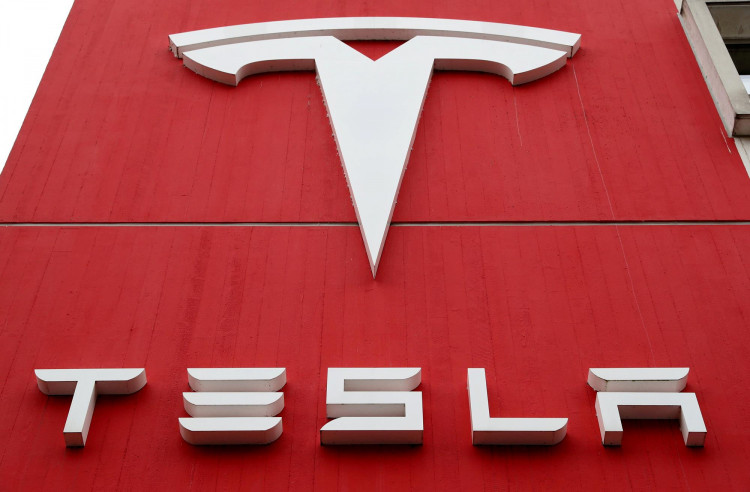Tesla announced on Monday that it sold a record-breaking 1.3 million cars last year, although the amount fell short of CEO Elon Musk's promise to increase the company's sales by 50% almost every year.
The shortage occurred despite a significant year-end sales push, which included unusual $7,500 discounts on Models Y and 3, the company's best-selling models in the U.S.
The number delivered in 2022 surpassed the previous high of 936,000 vehicles delivered in 2021, but it fell short of the 1.4 million required to meet the company's 50% growth target. Production increased 47% to 1.37 million units, while sales increased 40% year over year.
Tesla Inc., based in Austin, Texas, also had to deal with the new coronavirus's increasing prevalence in China, which hampered production at its Shanghai facility. In the fourth quarter, Tesla delivered more than 405,000 vehicles globally thanks to the additional U.S. push. But it fell short of expectations on Wall Street.
For the months of October through December, analysts surveyed by data provider FactSet predicted 427,000 deliveries and 1.33 million for the entire year.
While Tesla didn't release any new models in 2018, it is now up against established manufacturers and up-and-coming startups like Lucid and Rivian, which are constantly releasing new electric vehicles. But Musk has vowed that the long-awaited Cybertruck electric pickup will begin production this year. The business has recently begun shipping its electric semis.
Discounts were given over the final two weeks of the year, which prompted speculation about whether or not demand for Tesla products was waning as a result of the Federal Reserve raising interest rates to fight inflation.
The company's shares declined by the most significant amount ever for the year, more than triple that of the S&P 500, which fell by 19.4%. According to Forbes, Musk has been knocked off the top rank for the world's wealthiest person as a result of Musk's actions following his $44 billion purchase of Twitter and the subsequent decline of Tesla shares by more than 65%.
The company's long-term fundamentals are solid, Musk remarked on Twitter on Dec. 30. However, "short-term market madness" is unpredictable. Investors are concerned that Musk's attention has been diverted from the auto industry by Twitter. Musk stated last month that he intends to continue leading Twitter until he can locate a successor.
"Thank you to all of our customers, employees, suppliers, shareholders, and supporters who helped us achieve a great 2022 in light of significant COVID and supply chain-related challenges throughout the year," the electric vehicle and solar panel company said.




